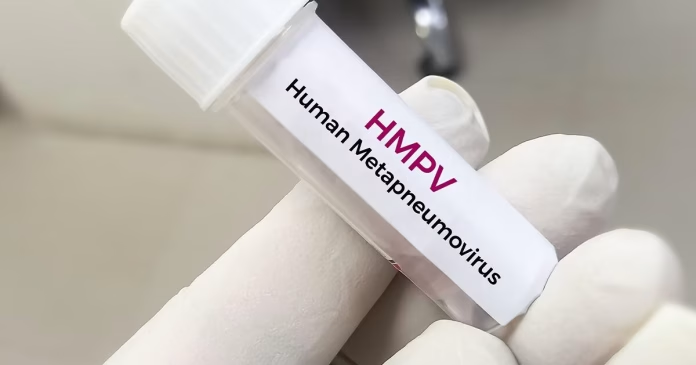As Human Metapneumovirus (HMPV) cases rise globally, health experts are urging the public to remain vigilant and take necessary precautions to prevent its spread. HMPV, a respiratory virus that can cause a range of symptoms similar to the flu, has been linked to severe respiratory infections in both children and adults. Here’s what you need to know about the virus and the steps to protect yourself.
What is HMPV?
Human Metapneumovirus (HMPV) is a virus that causes upper and lower respiratory tract infections. It was first identified in 2001 and is now recognized as a major cause of respiratory illnesses, especially in children, elderly individuals, and those with weakened immune systems. Symptoms of HMPV include cough, fever, shortness of breath, and nasal congestion, which can sometimes progress to more severe conditions like pneumonia or bronchiolitis.
Where Have HMPV Cases Been Reported?
HMPV has been reported in various regions globally, with cases surging during seasonal flu outbreaks. Recently, health authorities have noticed a rise in infections, prompting urgent health advisories. The Centers for Disease Control and Prevention (CDC) and the World Health Organization (WHO) have been closely monitoring the situation and providing guidelines to control the spread of the virus.
When Did It Occur?
Health experts began noticing a rise in HMPV cases in late 2024, especially as the flu season kicked in. This has led to heightened awareness and increased public health campaigns aimed at educating the public about the virus and its potential dangers.
Who Is at Risk?
Children under the age of 5, the elderly, and individuals with compromised immune systems are at higher risk of developing severe complications from HMPV infections. However, healthy adults can also contract the virus and experience mild to moderate symptoms. As the virus spreads, healthcare systems are seeing an increased number of hospitalizations due to severe respiratory symptoms.
How Can You Protect Yourself from HMPV?
Health authorities have outlined several preventive measures to reduce the risk of contracting and spreading HMPV:
1. Good Hygiene Practices:
- Wash hands frequently with soap and water for at least 20 seconds, especially after coughing or sneezing.
- Avoid touching the face, particularly the eyes, nose, and mouth, to reduce the risk of transmission.
- Use hand sanitizers when soap and water are not available.
2. Cover Your Coughs and Sneezes:
- Always cover your nose and mouth with a tissue or the inside of your elbow when coughing or sneezing.
- Dispose of tissues immediately after use and wash your hands.
3. Wear Masks:
- In areas with high transmission rates, wearing a mask, especially in crowded or indoor spaces, can help prevent the spread of the virus.
4. Avoid Close Contact:
- Stay away from people who are sick, especially if they exhibit symptoms of respiratory infections.
- Avoid large gatherings during peak infection periods to minimize exposure.
5. Stay Home When Sick:
- If you are feeling unwell, especially with respiratory symptoms, it’s important to stay home to avoid spreading the virus to others.
- Rest and hydrate to help your immune system recover.
6. Maintain Healthy Habits:
- Eat a balanced diet, exercise regularly, and get enough sleep to strengthen your immune system.
- Ensure you stay up to date on vaccinations, including the flu vaccine, as flu and HMPV infections can sometimes coincide.
7. Seek Medical Attention If Needed:
- If symptoms worsen or you experience difficulty breathing, seek immediate medical attention.
- Early intervention can help prevent complications and promote quicker recovery.
Supporting Statements
Dr. Ayesha Patel, a leading epidemiologist, stressed, “While HMPV cases are not as high as those of influenza, it’s still important to remain vigilant, particularly among vulnerable populations. Early diagnosis and timely intervention are key in managing the virus effectively.”
Conclusion
HMPV is a contagious virus that can lead to serious health complications, but with proper precautions, it can be controlled. By following the recommended hygiene practices, staying informed, and seeking medical care when needed, individuals can reduce their risk of infection and help prevent the spread of the virus. As cases continue to rise, it is essential for the public to heed expert advice and take responsible actions to safeguard their health and the well-being of others.
BY – NIKITA




